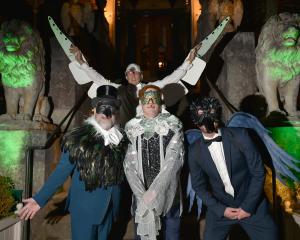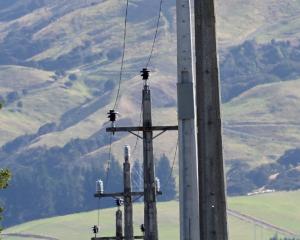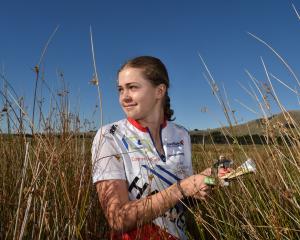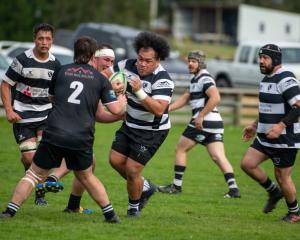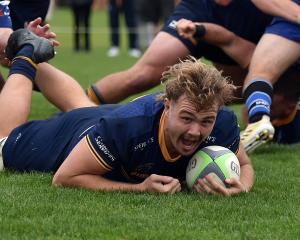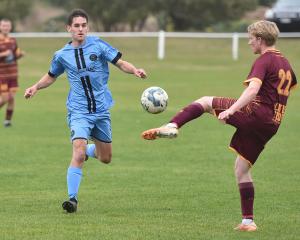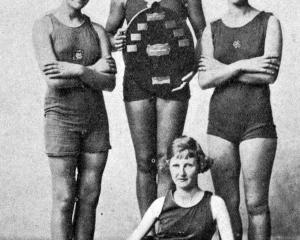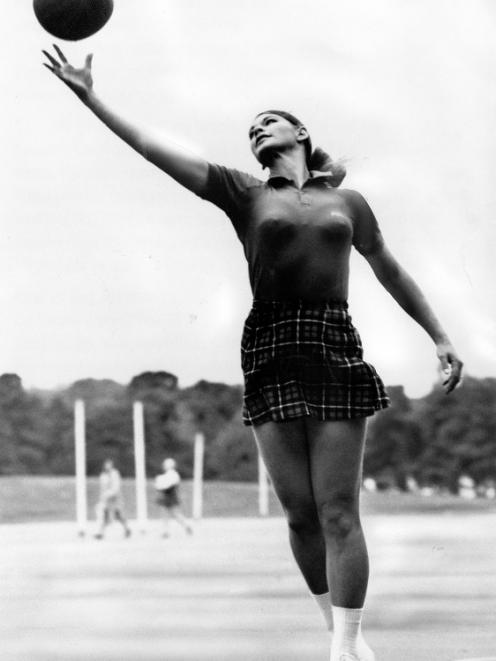
Lois Muir
A name synonymous with netball, and it is hard to think of someone more deserving than Muir. The Otago stalwart represented the region from 1950 to 1964 and played for the Silver Ferns from 1960 to 1964. But she really made her mark as coach of the Silver Ferns from 1974 to 1988. She won the Netball World Cup in 1979 — jointly with Trinidad and Tobago and Australia — and outright in 1987. As one of New Zealand’s most successful coaches, Muir finished her tenure with an astonishing 91 wins, 10 losses and six draws. She went on to coach the Capital Shakers and the Otago Rebels, and has held many roles within netball since, including president of NNZ. Was presented with a World Netball service award in 2017. Often still found courtside at the Edgar Centre.
1967 Silver Ferns
Hard to look past the first Silver Ferns team that won the World Cup. They were the benchmark from the start of the tournament, pushed only by South Africa (New Zealand won by two goals) and beating defending champions Australia 40-34. Led by coach Taini Jamison and captain Judy Blair, the Silver Ferns were unstoppable. Goal attack Joan Harnett, who now lives in Wanaka, was named player of the tournament. Already inducted into the New Zealand Sports Hall of Fame.
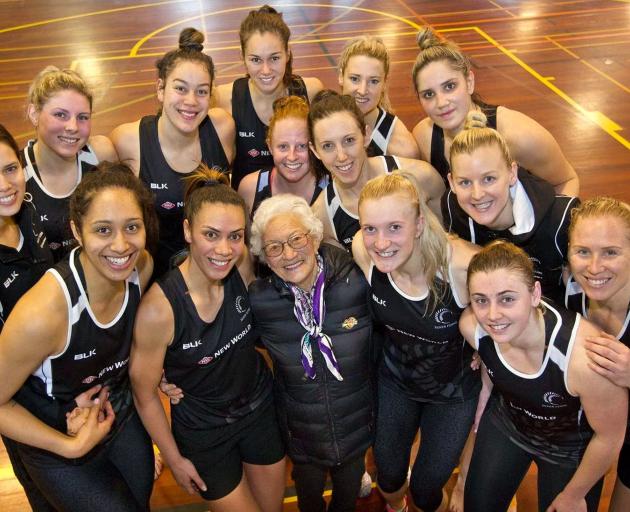
Considered one of the pioneers of netball, Jamison started her career in Rotorua, playing and coaching during the early 1960s. But it was as the third Silver Ferns coach where Jamison left her legacy. She led the team to their first World Cup in 1967 and continued to break ground. To prepare for the 1971 World Cup, Jamison took the Silver Ferns on a tour around the world. They were away from home for nearly four months, including a month based in England to prepare. Jamison had 18 wins from her 20 tests in charge, which made her New Zealand’s most successful coach. NNZ honoured Jamison in 2008 by introducing the Taini Jamison Trophy. Jamison, who died last year, was a life member of NNZ and was inducted into the sports hall of fame in 2006.
Sheryl Wells
Without people like Wells, sports simply do not function. Wells served as the Silver Ferns manager for 12 years from 1992 to 2004 and played a pivotal role in helping them win the World Cup in 2003. Wells — who is married to fellow sports administrator John Wells and is the mother of broadcaster Jeremy Wells — has also been the Northern Mystics manager and president of NNZ.
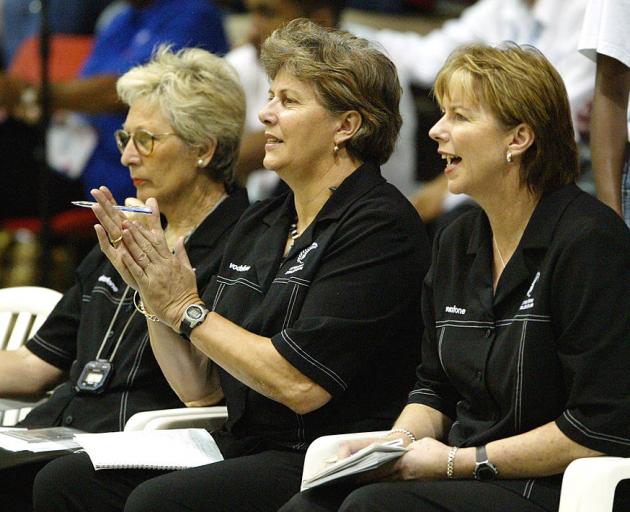
The 61-cap Silver Fern was one of the toughest wing defences and played in three World Cups, where she won the shared title in 1979 and captained the side to their historic win in 1987. She was inducted into the sports hall of fame alongside her 1987 team-mates. After hanging up her bib, Gibbs became the Silver Ferns’ sixth coach in 1994 and led the side to bronze at the 1995 World Cup before stepping down in 1997. She was lured back as Aitken’s assistant coach and played a big role in their success. Gibbs — who was in Invercargill this week helping the Southern Steel — coached the Tactix from 2012 to 2014, and worked as Netball Mainland’s high performance manager, before heading across the ditch to work for Netball Queensland. She returned home in 2021 as centre manager for Nelson Netball, and joined NNZ as community coaching manager in 2022. Always one keen to pass on her knowledge, Gibbs sits on the World Netball advisory panel for coaching and has previously been on the rules panel. She is a life member of NNZ.
Anne Taylor
The former Waitaki Girls’ pupil made history when she umpired the first televised netball test in 1969, but her involvement spanned even further. Taylor was heavily involved in netball in Hamilton, volunteering as a certified coach and umpire. She went on to serve 10 years as NNZ president from 1978 to 1987 and was made a life member of the association in 1987. Her involvement took her across the world as Oceania Netball executive officer from 1985 to 1995 and vice-president, and later president, of the International Federation of Netball (now World Netball) from 1989 to 1999. She was recognised by the Halberg Trust in 1987 when she was awarded the trust’s first award for services to sport. Presented with a World Netball service award in 1999 for her invaluable contributions to the sport.
Sandra Edge
She of the no-look passes and energy to burn, Edge is arguably the greatest midcourter to play for the Silver Ferns. She debuted in 1985, won the World Cup two years later and tried twice to retire but kept being lured back. Edge, who earned 91 caps, played in three World Cups and captained the Silver Ferns in 1994-95 before officially retiring. She coached secondary school netball in Auckland and Gisborne before moving to Wellington in 2010, where she worked in coaching development. She now works for Netball Wellington as the community performance manager and previously served as the Central Pulse assistant coach for three years, and coached several representative sides.
Ruth Aitken
Aitken transformed the modern era of the Silver Ferns through her successful tenure in the 2000s. As a player, Aitken played three tests for the Silver Ferns in 1979 and won the joint World Cup the same year. In 2002, she became the Silver Ferns’ eighth coach and turned a rebuilding team into a winning machine. Had to settle for silver at the Commonwealth Games in 2002, but turned things around in 2003 when the Silver Ferns won the World Cup. Her tenure continued to bring success with back-to-back Commonwealth Games gold medals in 2006 and 2010 — a double extra time thriller against Australia in one of the greatest games of all time. Aitken also won silver at the World Cups in 2007 and 2011. In her term, Aitken coached 112 tests for 87 wins and 25 losses and left a remarkable legacy. She also served as NNZ coaching director, a national selector, a coaching mentor, on the World Netball coaching advisory panel and helped in the Pacific Islands and Singapore. She is a life member of NNZ, was given a World Netball service award and has been made a dame for her service to netball.
Joan Harnett-Kindley
Credited with changing the public perception of netball, Harnett-Kindley was celebrated for her court craft and ability to win the game from anywhere. The goal attack played for Canterbury and was selected for the Silver Ferns from 1963 to 1971 and played in three World Cups including the 1967 win where she was named player of the tournament. Harnett-Kindley, who captained the Silver Ferns in her later years, raised the profile of women’s sport in New Zealand and more people started taking notice of netball. Harnett-Kindley retired from all netball in 1974 and coached Canterbury. She was inducted into the sports hall of fame. Her impact was front and centre when NNZ celebrated its 75th anniversary in 1999. Harnett-Kindley was voted as the goal attack in the "dream team" and also won the public vote as the "dream player" of the past 75 years.
Dawn Jones
Umpiring is often a thankless task — yet it was one into which Jones poured her heart. Jones began umpiring in the 1960s, and in the 1970s she was appointed to the Silver Ferns — umpires were not neutral in those days — leading to her being the top-ranked umpire in the country and an international career for over 15 years. She umpired in four World Cups, and two world games, and countless other first-class games. She also gave back to the game and helped create pathways for other umpires. She was president of NNZ in 1987 and served on World Netball’s umpiring committee and chaired the advisory panel. A life member of NNZ and Netball Umpires of New Zealand, Jones was given a World Netball service award in 1999 and a lifetime achievement award at the Halberg Awards in 2015.
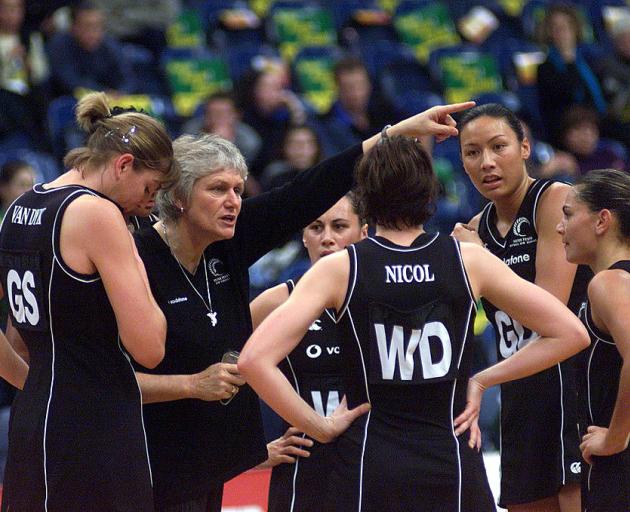
Known for her trademark intercepts, Willering played 59 tests for the Silver Ferns on and off from 1974 to 1983. She played in three World Cups and won the joint title in 1979. She became one of New Zealand’s most successful domestic coaches and won six national titles with Auckland and later led the Northern Force and Northern Mystics. In 1997, Willering became the Silver Ferns’ "caretaker coach" and later held the role fulltime until 2001. She coached them for 51 tests and notched up 39 wins. Her unrivalled knowledge is sought after throughout the world which led to her guiding teams throughout New Zealand, Fiji, South Africa, Australia and Vanuatu and helping develop coaches as a member of World Netball coaching advisory panel. Willering, a life member of NNZ and a service award recipient from World Netball, also helped the Silver Ferns in the leadup to the 2019 World Cup.
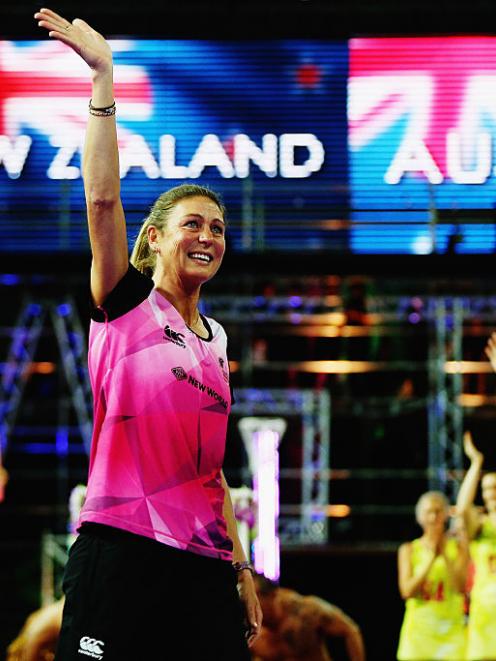
If any player from the modern era deserves hall of fame recognition, it is van Dyk. No other player has changed the way the game is played as much as van Dyk in the past 20 years. The South African-born shooter arrived in New Zealand in 2000 to play for the Capital Shakers and later joined the Waikato-Bay of Plenty Magic, where she won the ANZ Championship in 2012. The trademark split and headband in the early days made an impact immediately, helping New Zealand win the World Cup in 2003 and two Commonwealth Games gold medals (2006 and 2010). She became the most capped netballer in the world in 2005, became the Silver Ferns most capped player in 2010 — which has since been surpassed — and she retired on 217 caps (145 for New Zealand, 72 for South Africa) in 2014. She attended five World Cups and four Commonwealth Games. If not van Dyk, Laura Langman is another player from the modern era to consider.

